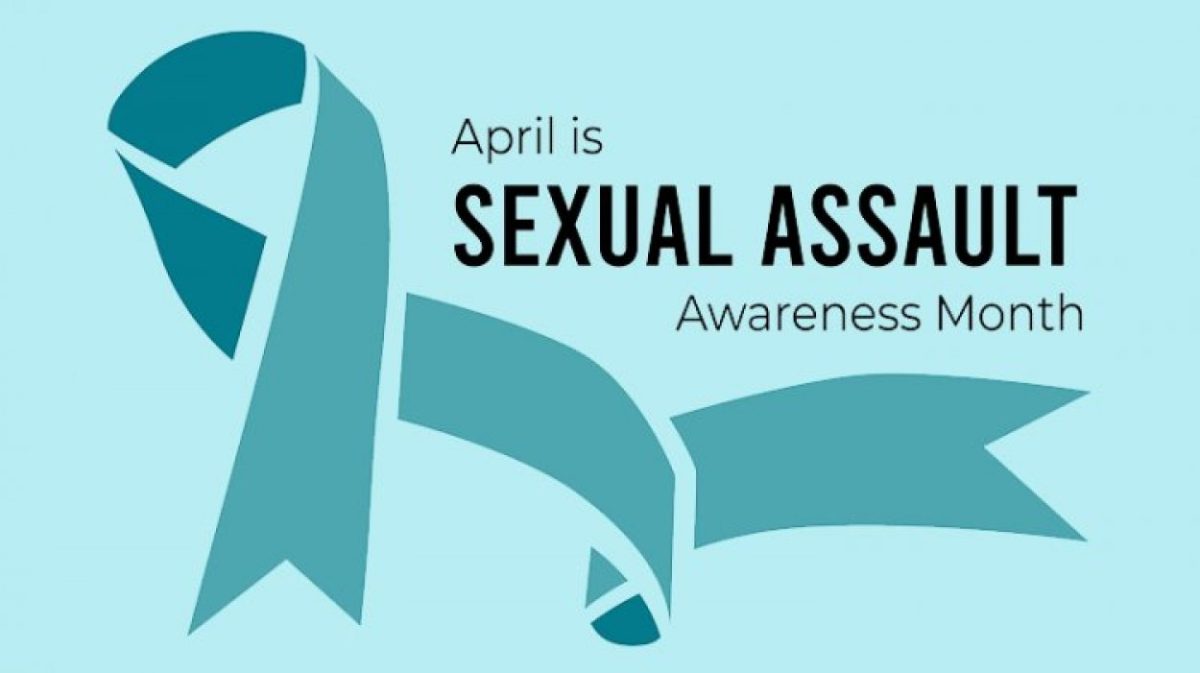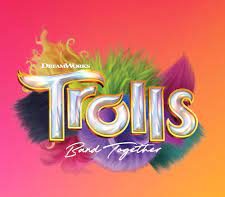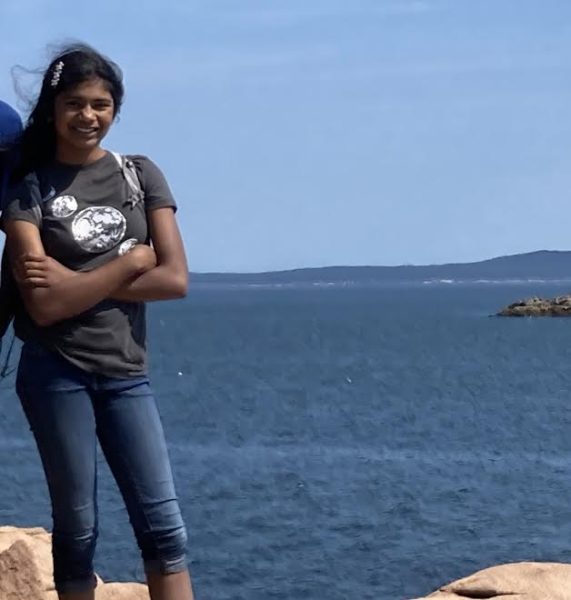
If you’re a true Percy Jackson fan, you’d probably know that the 2010 and 2013 movie adaptions of the bestselling Greek-mythology-based adventure/fantasy books were… a flop. The altering of key scenes from the book, unconvincing acting, and a low budget for effects led to such bad reception that the remaining three movies were canceled. Fortunately for let down fans, author Rick Riordan decided to give it another shot and has been heavily involved in Disney’s new Percy Jackson TV series. He cements this idea of keeping the story going by dedicating his new book, The Chalice of the Gods, to the three Disney + stars, toasting, “Here’s to new beginnings!”
Percy Jackson and the Olympians- The Chalice of the Gods is placed right in between the Heroes of Olympus and the Trials of Apollo sequel series. The first of a new 3-book series, its premise is a little less life-or-death than the rest of the PJ novels; the main objective is Percy’s acceptance into New Rome University (as opposed to saving the world)! The whole book is filled with nostalgia- the revisiting of first-person writing, true to the initial Percy Jackson and the Olympians series, and the focus on Percy and his friends Annabeth and Grover. While Percy is now 17, it definitely remains classic Percy. This is an interesting stage to see all the characters- just before they are officially adults, but after all the events of Heroes of Olympus (no spoilers but it’s epic!). I would have liked to see more character growth, however, because it seems Annabeth is essentially mature and composed but Percy is, as usual, charismatically clueless. Riordan did mention how Percy and Annabeth’s relationship has become deeper, but it would have been nice to see more use of the past and the many friends they’ve made along the way to show how far they’ve come. Nonetheless, The Chalice of the Gods is a nice bridge from the trio’s high school to college years.
College applications never seemed so intense until Percy, being punished yet again for being a son of Poseidon, is forced to complete the first of three life-threatening quests to get the adequate number of recommendations straight from the gods. On this one quest alone- for the stolen Chalice of the Gods- Percy is hunted by three gods! Still, having read the other 16 books and knowing there’s an entire sequel series to follow this book, I wasn’t expecting anyone to die. But Percy seems to be ready for the possibility of death, which made for some sweet moments but also came across as dramatic, something the Son of Poseidon is not known for. This expectation of more of a climax left the action scenes feeling anticlimactic– almost too easy. Each fight is spread out over multiple chapters and while this adds more description and explains Percy’s thought process more in-depth, it also makes the book feel inflated. These quests for college recommendations being considered minor, it’s no surprise that Percy ends up triumphing- but what did surprise me was how quickly his plans worked. Sure, it wasn’t success upon first try, but compared to prior Seaweed Brain moments, he managed to pull off these tasks surprisingly fast. The decline of prolonged confrontation makes for more reflection from Percy, which I appreciate but admittedly isn’t quite as satisfying as the fast-paced all-or-nothing Percy we’ve seen in the past.
When Percy, Annabeth, and Grover finally find the Chalice of the Gods- in the hands of a god that all the other gods cower from- it’s a genuinely heart-racing segment. You know something groundbreaking is about to take place, but how Percy gets the upper hand… you’ll have to read it for yourself to experience the suspense. Once the scene was over, however, Percy defused the situation so well that I felt, mistakenly, that the enemy wasn’t such a big threat after all. Riordan stretched out the ending, giving details I devoured, but it toned down the energy of the previous sequence. If he had left the ending on a thrilling high instead of winding down toward the next of the books in this mini-series, I think it would have made for a much more engaging and concise closing.
I thoroughly enjoyed reading this page-turner (it took me two days). Somehow, this particular book felt more relevant to me and there were a few teenage pop culture references that made me laugh just because they were so uncannily accurate. I hope I’ve convinced you that The Chalice of the Gods, despite its quirks, is a worthwhile and very fun read. If you haven’t read Percy Jackson and the Olympians or the Heroes of Olympus, I would encourage you to try those out before jumping into The Chalice of the Gods; all three show off Riordan’s remarkable ability to draw the reader into his world of Greek mythology.






